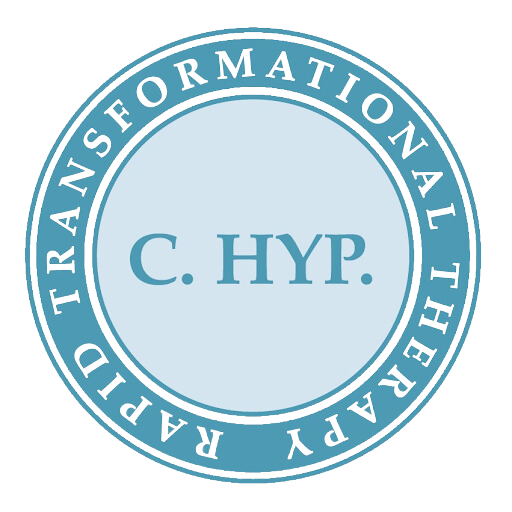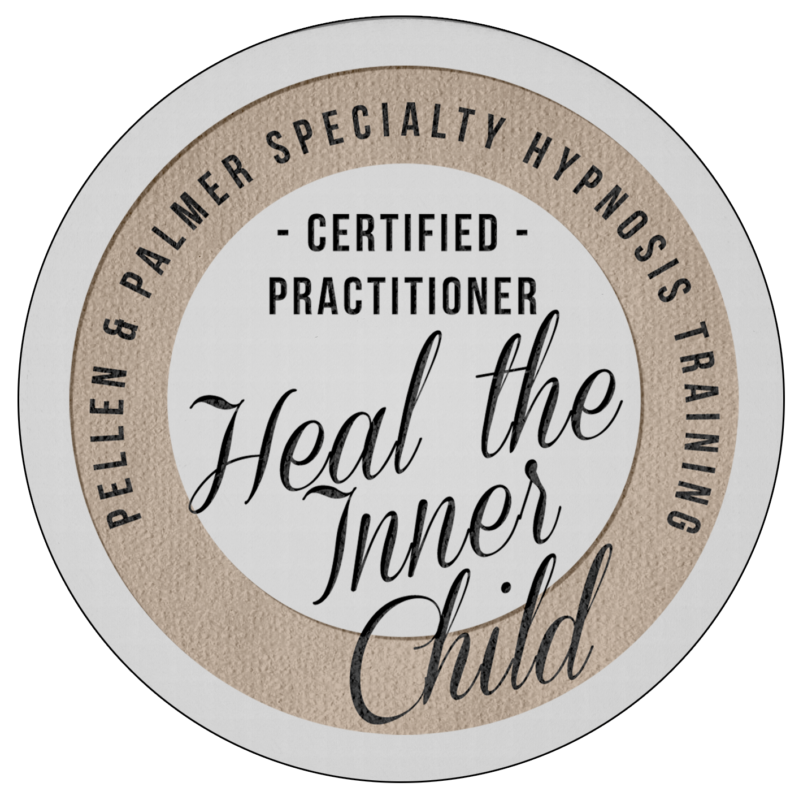
Rapid Transformational Therapy (RTT)
At Unlocking Bright Minds, we specialize in RTT, a revolutionary approach to rewire your subconscious, challenging and changing those deep-seated beliefs that limit your potential. RTT offers a direct pathway to the subconscious, allowing us to uncover and address the root causes of unwanted behaviors and free you from them with targeted suggestions that your mind is ready to accept.
- RTT combines the best of hypnotherapy, CBT, NLP, psychotherapy, and regression therapy into a comprehensive treatment, providing immediate, lifelong, and profound transformations. Imagine changing the course of your life by changing your mind's programming.
- Experience significant shifts within just 21 days. An RTT session with us lasts 2 hours, after which you'll receive a personalized recording. Listening to this recording for 21 consecutive days reinforces the transformation, with a follow-up appointment to assess progress and next steps.
- Typically, 1-3 sessions are sufficient for most issues, although some may require additional sessions, determined during the initial intake.



























